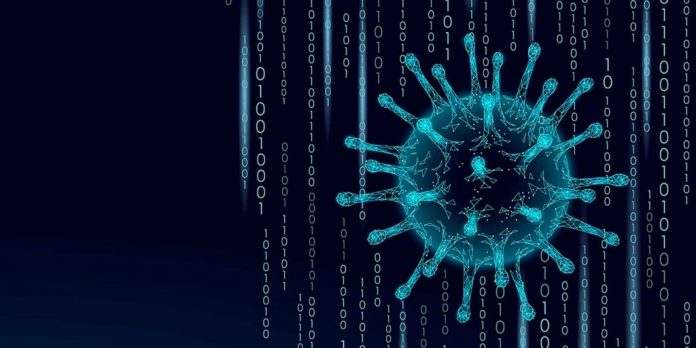We have been discussing for the past 24 months amongst Artificial Intelligence experts, that Health and Education sectors in the Middle East need to start embarking towards AI in their industries and there is no escape from this path, and AI will reshape jobs and economy.
AI in virus detection
New technology like infrared thermometers potentially unreliable, devices known as “thermometer guns” are becoming increasingly commonplace in the east, where health workers regularly check people’s temperatures. Somewhat behind the scenes, however, more futuristic technology powered by artificial intelligence is helping to identify coronavirus symptoms, find new treatments, and track the spread of the disease. Meanwhile, robots are making interactions with and treatment of sick patients easier. Powerful surveillance tech including facial recognition-enabled cameras and drones is also helping find people who might be sick or who aren’t wearing masks.
For now, most of this tech has been deployed in China, though it’s worth keeping an eye out for it elsewhere. Like the virus, the deployment of this next-generation tech is bound to spread.
Coronavirus has cleared the way for robots
Coronavirus is contagious and hard to contain, which means that it’s safer for many human-to-human interactions to be done remotely. Both in hospitals and in public, remote communication means that patients avoid transmitting the disease and health workers save time on simple tasks. This has cleared the way for robots and lots of other automated technologies to help out. Now, robots are being used to disinfect rooms, communicate with isolated people, take vital information, and deliver medications (and anything else someone might need).
A robot helped doctors treat an American man diagnosed with the novel coronavirus. The robot, which carried a stethoscope, helped the patient communicate with medical staff while limiting their own exposure to the illness.
AI is also lending a hand in diagnosing the illness. Several hospitals in China are using AI-based software to scan through CT images of patients’ lungs to look for signs of Covid-19, the infection caused by the novel coronavirus.
At the same time, the coronavirus epidemic has also inspired several drug companies to use artificial intelligence-powered drug discovery platforms to search for possible treatments. That process can involve using AI to find entirely new molecules that might be capable of treating the pneumonia-like illness, or mining through databases of already-approved drugs (for other illnesses) that might also work against Covid-19.
Importantly, while AI drug discovery might speed up the process of finding candidates for new drugs and treatments, there’s no guarantee that the technology will come up with anything better than what human scientists could find on their own.


 by
by